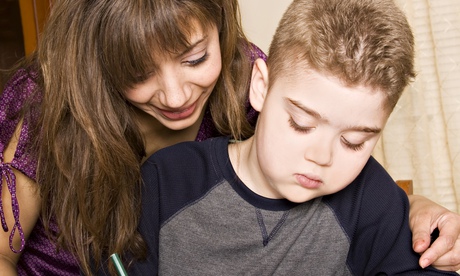
It is not your fault
You did not cause or will this upon your child. A genetic disorder does not mean the end of their world or yours – Genetic Disorders UK and our benefiting charities offer care and support, so you are not alone.
Be wary of information you find on the internet
The internet is a powerful tool for diagnosis and support but there is a lot of misinformation out there and some of the things you read might be frightening. Ask a trusted friend or family member to do a quick sweep for you first. They could come up with a short list of what you might find when you look yourself. Remember, genetic conditions can manifest themselves differently in different children – every one of us is unique. Our website includes a disorders database to help you to access information about conditions described in the words of those affected and not just in the terminology of the medical professionals. If your child has been diagnosed, find their condition on the database – or add it if it's not already there.
Connect with other affected families
You are not alone. Even if your child has an incredibly rare disorder, there is probably another child in the world who has it. Connecting with other families is a great way to share advice and support one another. Use the network to find other families with a child affected by the same condition. They can also put you in touch with established support groups or help you to start your own.
Focus on family wellbeing
Take care of yourself and your partner. Every instinct will tell you to put your child first, but it is vital to take care of yourself physically, psychologically and emotionally. Men and women often report coming to terms with the diagnosis of a genetic disorder in different ways – understanding different responses can help one and another be more considerate to each other.
Adapt your finances
You might not feel you deserve benefits but the government recognises having a disabled child can be considerably more expensive than a non-disabled one. You might need to pay to adapt your home to meet the needs of your child. Your local authority can issue a grant for you and an occupational therapist will visit your home and make an assessment and recommend the types of adaptations your child needs. Depending on the condition you may be eligible for a council tax reduction and utilities rebate, so remember to always ask.
• Jeans for Genes Day raises money for Genetic Disorders UK, the charity that aims to change the world for children with genetic disorders

